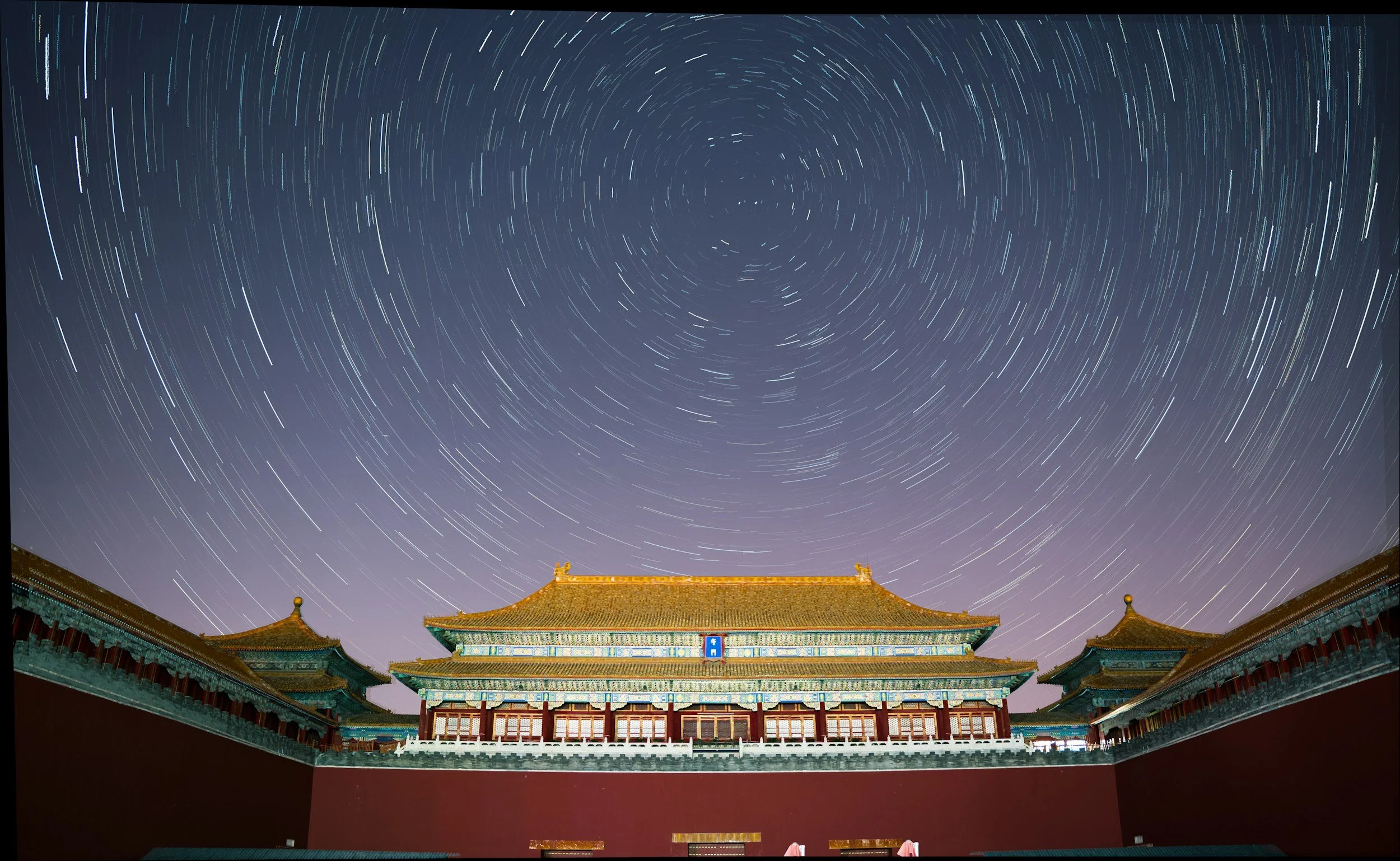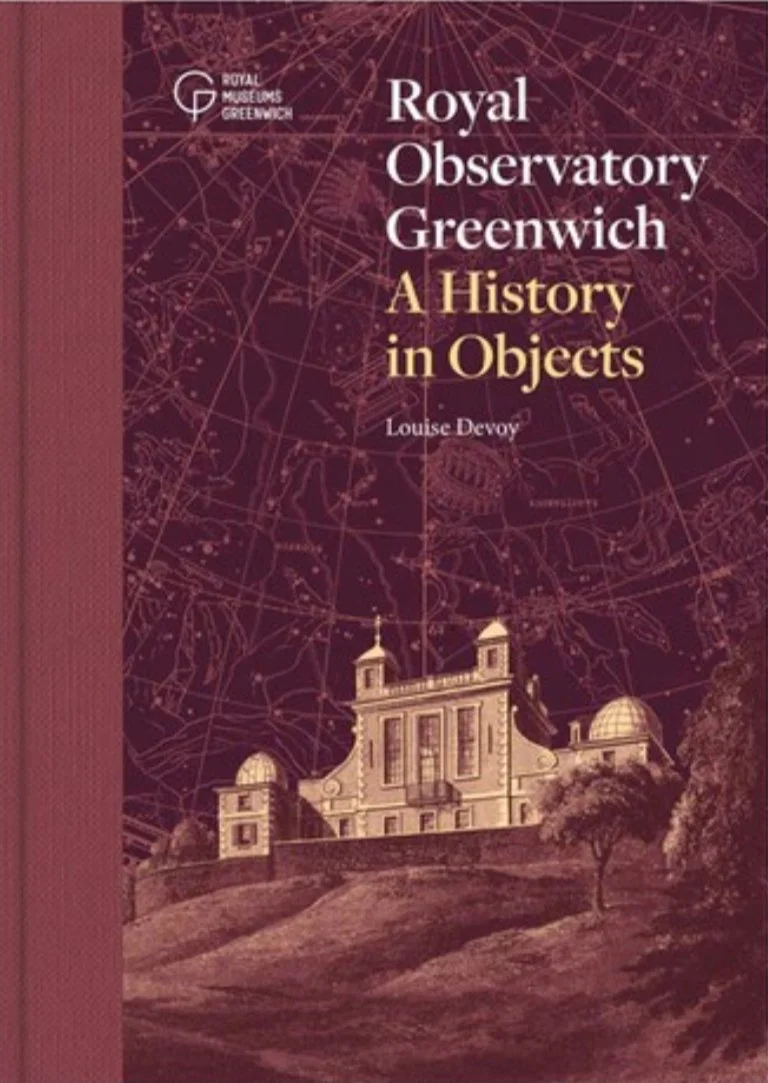The society hosts monthly public lectures presented by industry or academic experts in the Whittle Theatre at the Cody Technology Park. There is a small charge for non-members to attend these public lectures.
We also host smaller, more informal presentations for members at the Observatory as part of our basic astronomy sessions and our CARS (Cosmology, Astronomy & Rocket Science) programme.
All of the meetings are free to members.
IMPORTANT NOTE: It is now essential that you pre book 48hrs ahead for all events due to the change in site passes and bring a form of ID when you attend (photo driving license or passport) without a booking you will unfortunately not be able to attend.
Forthcoming Lectures and Events:
Thursday 15th January 2026
7:30pm - The Observatory
Club Night - NOTE Date change this month
Our regular, first Thursday in the month, evening session to meet up, chat, discuss astronomy and any other areas of interest. You can bring in your equipment and compare the size of the telescopes and potentially maybe even observe objects in the night sky - weather permitting of course.
It’s a great opportunity to meet and get to know new members of the society and also to help each other out with the technical or equipment issues we’ve all encountered.
Due to changes in passes as mentioned above this will now need pre-booking.
Tuesday 3rd February 2026
7:30pm - Whittle Lecture Theatre
Ancient Chinese Astronomy- The first 3000 years
Presented by John Hargreves
The talk examines the astronomical activity in China over the period from approximately 2000 BCE to 1000 CE. During the earlier part of this period China had little contact with outside influences, making it possible to identify the unique aspects of Chinese astronomy, and astrology.
Chinese emperors were all powerful and it was to them that the observers and interpreters owed their livelihood and allegiance. Failures could have dire consequences for the unfortunate bearer of unwelcome news or incorrect predictions. Their isolation resulted in them developing an interesting and different way of describing the heavens. However, as we will see, their detailed star maps, observations and predictions of cosmic events were remarkably accurate, and compare well with modern equivalents. Sophisticated instruments were developed during this period but the prime assets was undoubtedly time, apparently endless patience and the production of detailed records. A good, if not always correct, understanding of cosmic fundaments was developed and many basic “truths” revealed.
I hope that you will find this exploration of the Chinese understanding of the cosmos as fascinating as I do.
Please book with Phil Alner Please click here to reserve your place.
Tuesday 10th February 2026
7:30pm - The Observatory
CARS #32 - Cosmology, Astronomy & Rocket Science
CARS are informal gatherings to watch videos related to cosmology, astronomy, rocket science and other topics of mutual interest, and to chat about them.
The videos for CARS 32 will be:
1. TBA
As ever space is limited please book your seat as soon as practical.
Thursday 12th March 2026
7:30pm - Whittle Lecture Theatre
Royal Observatory Greenwich: A History in Objects
Presented by Dr Louise Devoy - Senior Curator, Royal Observatory, Greenwich
Over the past five years Louise has delved into the archives and museum stores to choose 100 objects and their stories for her book Royal Observatory Greenwich: A History in Objects, published to celebrate the Observatory’s 350th anniversary in 2025.
Louise has a background in astrophysics and the history of science and has worked at various museums in the UK and abroad. She has contributed to exhibitions such as Cosmos and Culture (Science Museum, 2009), Observatory Life (Royal Observatory, Greenwich, 2016) and The Moon (National Maritime Museum, 2019). Her research interests encompass astronomical instruments, women in astronomy and networks of knowledge exchange between historic observatories.
Please book with Phil Alner Please click here to reserve your place.
Tuesday 17th March 2026
7:30pm - The Observatory
CARS #33 - Cosmology, Astronomy & Rocket Science
CARS are informal gatherings to watch videos related to cosmology, astronomy, rocket science and other topics of mutual interest, and to chat about them.
The videos for CARS 33 will be:
1. TBA
As ever space is limited please book your seat as soon as practical.
Previous Lectures and Events:
Tuesday 6th January 2026
7:30pm - The Observatory
CARS #31 - Cosmology, Astronomy & Rocket Science
CARS are informal gatherings to watch videos related to cosmology, astronomy, rocket science and other topics of mutual interest, and to chat about them.
The videos for CARS 31 will be:
1. Physics: The Bohr model of the atom
2. Astronomy: Radio astronomy in five minutes
3. Astronomy: Sextant tutorial: the principle of the sextant
4. Astronomy: Simulating all 100 billion stars in the Milky Way for the first time
5. Rocket Science: How are launch windows determined?
As ever space is limited please book your seat as soon as practical.
Phil is currently unable to access his computer so please reply to John, at john.hargreaves@physics.org
There are only 20 seats so book early.
Tuesday 9th December 2025
7:30pm - Whittle Lecture Theatre
Amateur Imaging of the Night-side of Venus
Presented by Martin Lewis - West of London Astronomical Society
Normally Venus’s 460°C surface is hidden from view by a thick, dense layer of cloud. Imaging at around 1000nm however this cloud layer becomes partly transparent, allowing the thermal radiation from the hot surface to be detected. This is a talk about this imaging challenge of recording the surface of this near neighbour in space and how in recent years amateurs have been able to record variations in height of the surface and other transient features. The talk is illustrated with images from amateurs across the world and by the author’s own images taken from his back garden in St Albans in 2020, 2023 and in early 2025.
Martin has had a fascination for all things in the sky since he was young. He is a professional engineer and part-time planetary imager, telescope builder, and deep sky sketcher. He images using his home-built 444mm and 222mm Dobsonian telescopes, both used on a home-built equatorial platform, from his garden in St. Albans, Hertfordshire. Martin has been shortlisted in the Astronomy Photographer of the Year for the last 8 years, primarily in the Planets section, and has been a category winner twice. This year he is a judge on the competition. Martin is also treasurer of the West of London AS (WOLAS), an equipment advisor in the BAA’s Equipment and Techniques section and assistant to the Mars section director.
Please book with Phil Alner Please click here to reserve your place.




